Port of Mobile Accident Lawyer
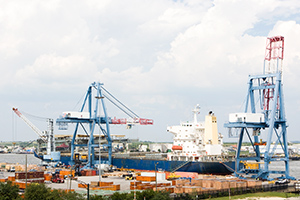
The Port of Mobile is an extensive deep-water port In Mobile, Alabama and also serves as Alabama’s only deep-water port. According to the Army Corps of Engineers, the port is the 10th largest in the US by tonnage. A public port, its deepwater terminals connect to over 1500 intracoastal waterways. The public terminals handle various cargo loads such as containerized, bulk, and roll-on/roll-off.
The Port of Mobile is the largest break bulk forest products port in the United States, and one of the largest importing ports for coal. In 2015, the Port of Mobile handled 29.1 million tons including 237,266 containers. Due to the nature of the shipping industry, accidents can and do occur. The amount of traffic from ships creates dangerous scenarios in which ship to ship, ship to shore, and barge accidents and injuries are inevitable.
Loading and unloading cargo and containers from ships and heavy barges is dangerous work, the risk of injury is serious. The potential causes of injury can be endless from tug boat and barge collisions, crane accidents, fires, chemical leaks, explosions, lifting accidents, and exposure to toxic chemicals. These injuries can be serious and result in death.
When a worker is injured on a ship, barge, tugboat, or any other vessel in the Port of Mobile, they need to contact a lawyer as the worker may be entitled to relief under the Jones Act. This relief can include daily maintenance and medical care as well as other damages available under the Jones Act. When a third party other than the Jones Act employer may be negligent and/or the source of the injury or death, the third party employer may be liable as well. Additional negligent parties may be liable for the individual injuries under the General Maritime Laws available.
Port of Mobile Injury Lawyer
If you were injured on a ship, barge, or other vessel or while at work in a port terminal in the Port of Mobile, we are eager to help you. The choice of law available could include the Jones Act, Longshoremen, Harbor Workers Compensation Act or General Maritime Law. Additionally, worker’s comp may be available. Individuals who believe they may have a claim should contact an experience attorney to help maximize the damages and relief available to them.
David Willis is a Board Certified Personal Injury Trial Lawyer in Houston, Texas with over 30 years of experience handling accident cases and claims on intracoastal canals, ship channels, ports, docks, chemical plants, bays and other waterways across the country. Call the Willis Law Firm for a free consultation at 1-800-883-9858.
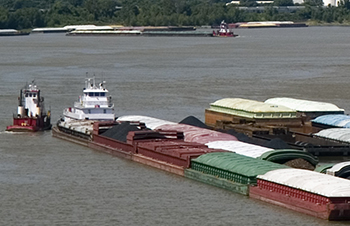
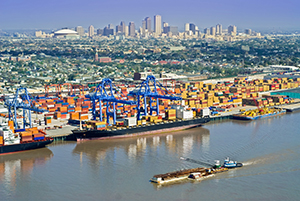
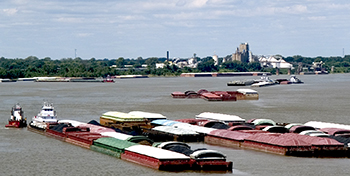
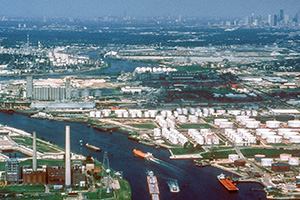
.jpg)